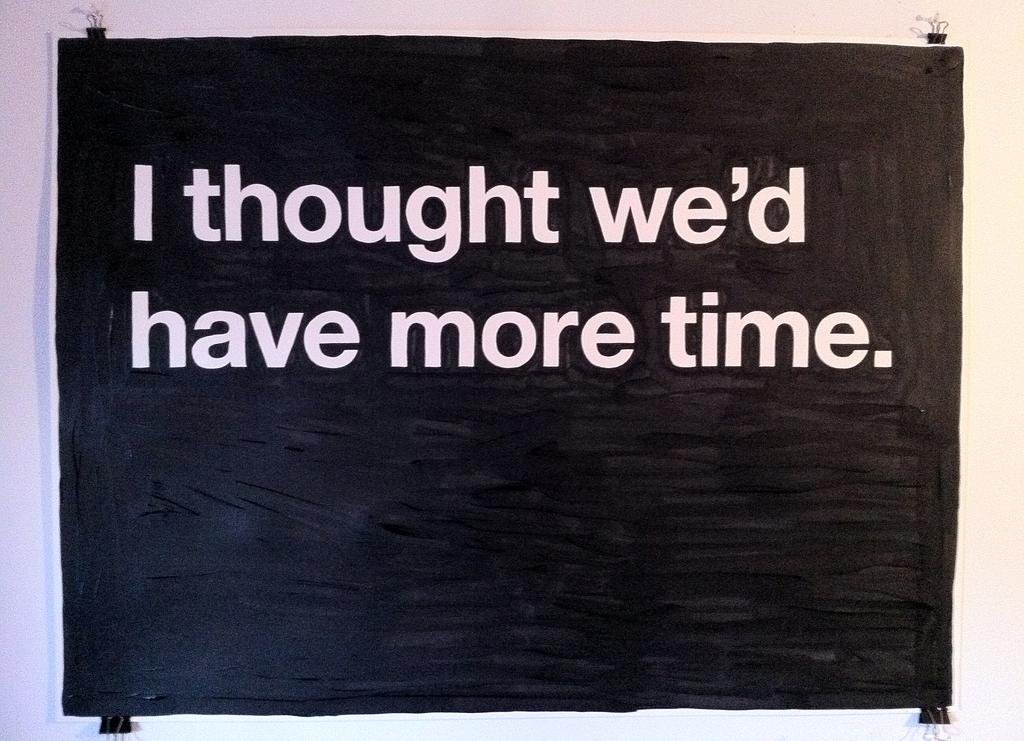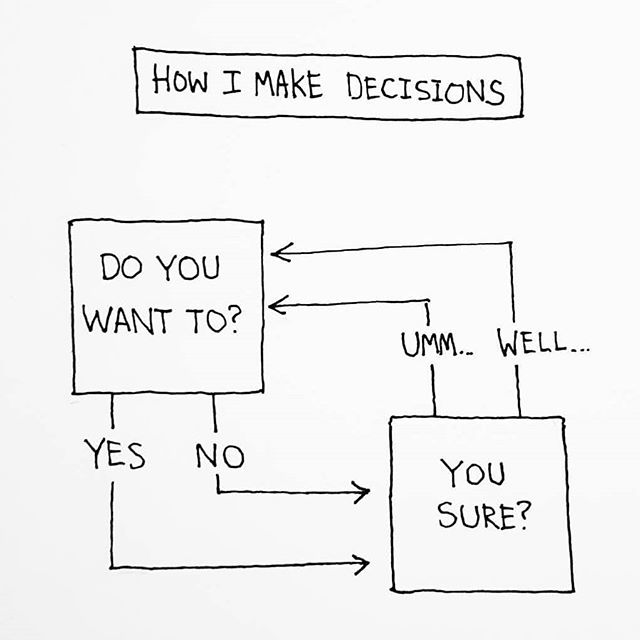LET’S BE FWENDS ISSUE #60:
WHAT MEETINGS DO TO YOU AND HOW TO START DOING WHAT YOU WANT TO DO
“Work expands so as to fill the Time available for its Completion.”
~ Cyril Northcote Parkinson
Meetings are a waste of time that kill productivity

It’s always good to start an issue of Let’s be Fwends with something a lot of people care about, and generally have the same opinion of. So, choosing that Headline was a no-brainer. I can practically see you all nodding in agreement. Meetings, amirite? sheesh
On the other hand, opening with something that sounds a bit like non-news is very dangerous, because you might just skim the headline, think “yeah, I know that already” and move on. From this perspective, opening with something that is as obvious as the fact that meetings suck is a dangerous move, a play with hazard.
So, what’s newsworthy here? Over the summer, Microsoft Japan introduced the 4-day workweek in a company wide experiment. What did they find? Productivity rose by 40%.
How so? Well, one major contributor was radically reducing meeting time (the standard meeting time slot went from 60 minutes to 30 minutes) and capping the number of participants at 5.
Although the meeting is deeply ingrained in our culture, its value appears to be very low. When there’s not much time, meetings are the first thing that go. (That has a very dangerous flip side: When people start to distinguish between “talking” and “real work”, the proverbial is about to hit the fan) So, basically, everybody knows how unproductive meetings are, but they are perfect time fillers.
Technological Advancement - Pictured

Damn, that’s interesting, indeed.
It just occurred to me that what we call the “high middle ages” are the “middle point” between the birth of Jesus and now. What would a person from the middle ages think, when she compared her life to the life of people living a thousand years earlier? Would she still be able to recognise their day-to-day activities and tools? How big would the differences be to her? And then, when she turned around and compared her life to yours - also roughly 1.000 years apart from her; What would she think?
” R. Buckminster Fuller estimated that if we took all the knowledge that mankind had accumulated and transmitted by the year One CE as equal to one unit of information, it probably took about 1500 years or until the sixteenth century for that amount of knowledge to double. The next doubling of knowledge from two to four ‘knowledge units’ took only 250 years, till about 1750 CE. By 1900, one hundred and fifty years later, knowledge had doubled again to 8 units.”
(Wikipedia entry on Accelerating Change)
Subscription Creep is a Thing

_Image Source: Poorlydrawnlines on Instagram_One cool thing about digital services is that you can try them out before buying them. It’s a common thing to offer a free trial period for potential customers to convince them of the value the service will bring into their life. Some services allow you to create an account without any financial information to try, others want to have your credit card right away, even if they promise they will not charge you.
What happens to you when the trial period ends and you forget to cancel the subscription? Something that happened to nearly 59% of all US Internet-users: Your trial version is transformed into the standard version, and you’ll get charged.
This isn’t fraudulent, but it’s also not 100% transparent. These users did not want to keep their subscription, but for whatever reason forgot to cancel it ahead of time. Of course they are to blame themselves, but the incurring costs of roughly 5 million dollar per year are also nothing to snuff at.
My advice: Never register for a free trial if you have to enter any financial information. Never.
How to get from a mental block to action

_Image Source: Steinberg on Instagram_I don’t know about you, but I’m lousy at starting a new task. Either it looks huge, or it’s not really well defined, or I don’t know where to start, or the general idea doing the task is deflating me. I’d rather procrastinate, or do something else (like cleaning up the kitchen) than tackling that one really important thing that sits on top of my to-do list for days.
What takes me out of paralysis and into action is to embrace the suckage: Whatever I’m starting to do, it won’t be good. Chances are, it will actually be pretty bad. Anne Lamott sums it up quite nicely when she says:
“For me and most of the other writers I know, writing is not rapturous. In fact, the only way I can get anything written at all is to write really, really shitty first drafts.”
So that’s one thing. Be cool with the fact that your first stab and what you’re trying to do will probably not be the version you want to end up with. But that’s ok. Now you started. And from here, it’s much easier to continue.
Peter Bregman thinks that it’s exactly the starting point of something newthat’s giving us all this trouble:
“We tend to think that getting traction on our most important work requires that we be skilled and proficient at that work — but that’s not quite right. The real thing we need to be skilled and proficient in is moving through the moment before the work. Once we make the shift, then doing the work itself, consistently and over time, will make us proficient at the work. Which means that the skill we really need to develop — and it is a skill — is transitioning.”
So, there you have it. Use Shitty First Drafts as your transitioning strategy. It’s working for me, so give it a shot and let me know how that work for you (but please for heavens sake don’t send me any of those drafts).
Hellvetica - When standard bad kerning just isn’t enough

I’m at the same loss as you are. This is brilliant and stupid at the same time- just as brilliant things tend to be.
And if you want to improve your kerning skills, try this fun game.
This was a pretty short issue of Let’s Be Fwends. Not because of me not trying, but the universe for some reason didn’t produce that many interesting things in the last two weeks. Or maybe it did, and I wasn’t listening close enough.
So, here’s to keeping it short and trying to listen better. High fives to good listeners. 👂
Subscribe to Let's be Fwends